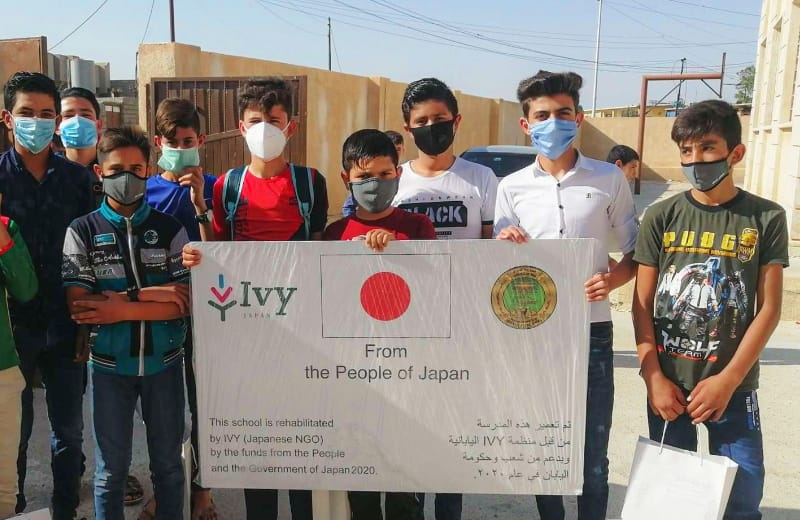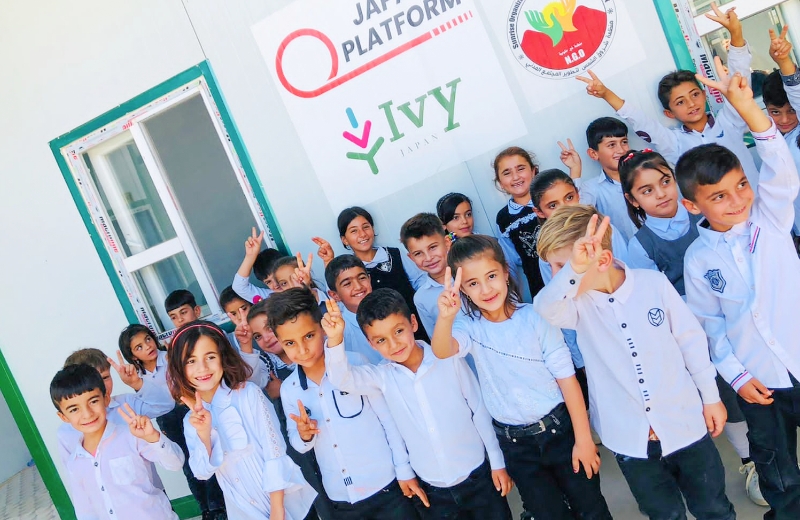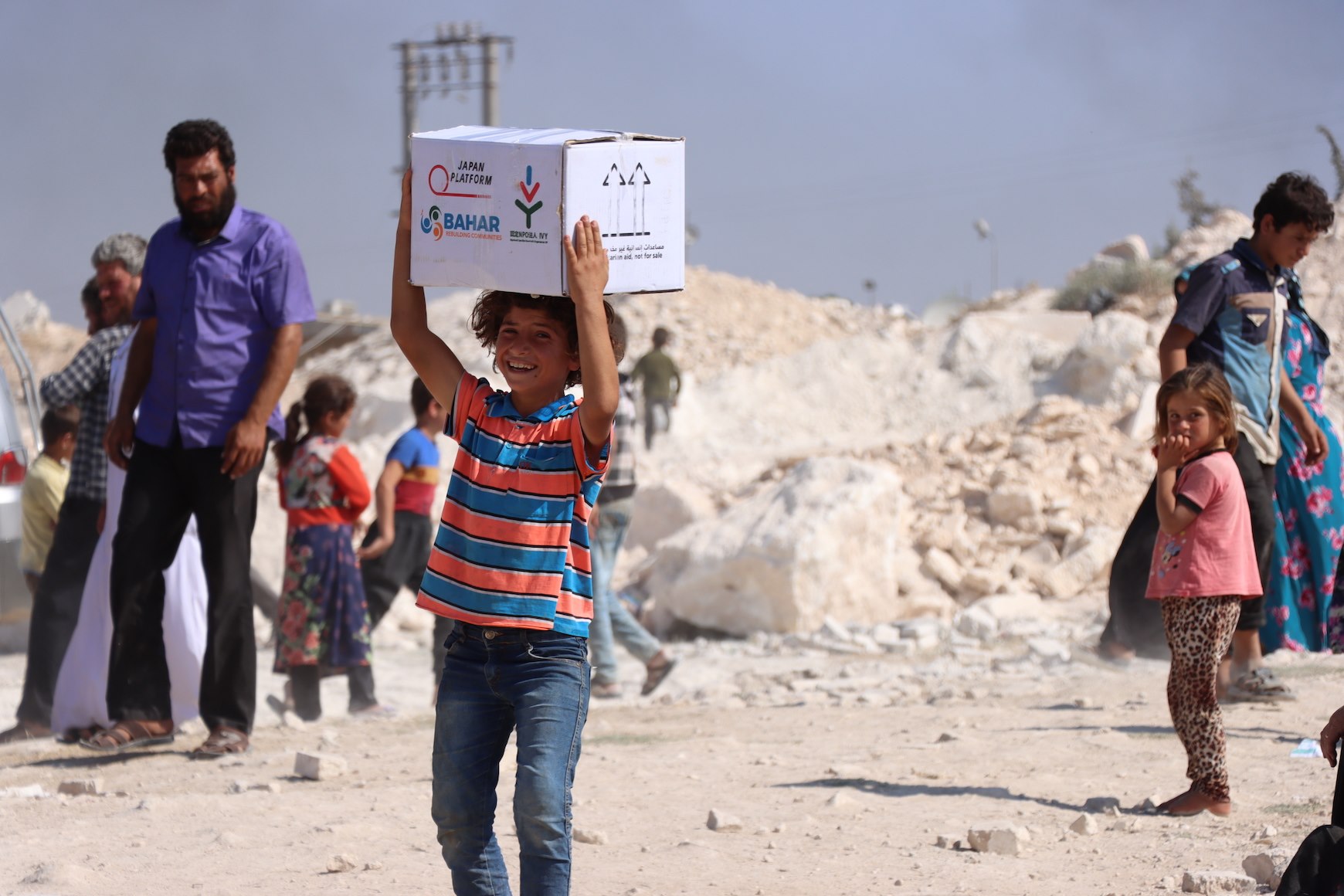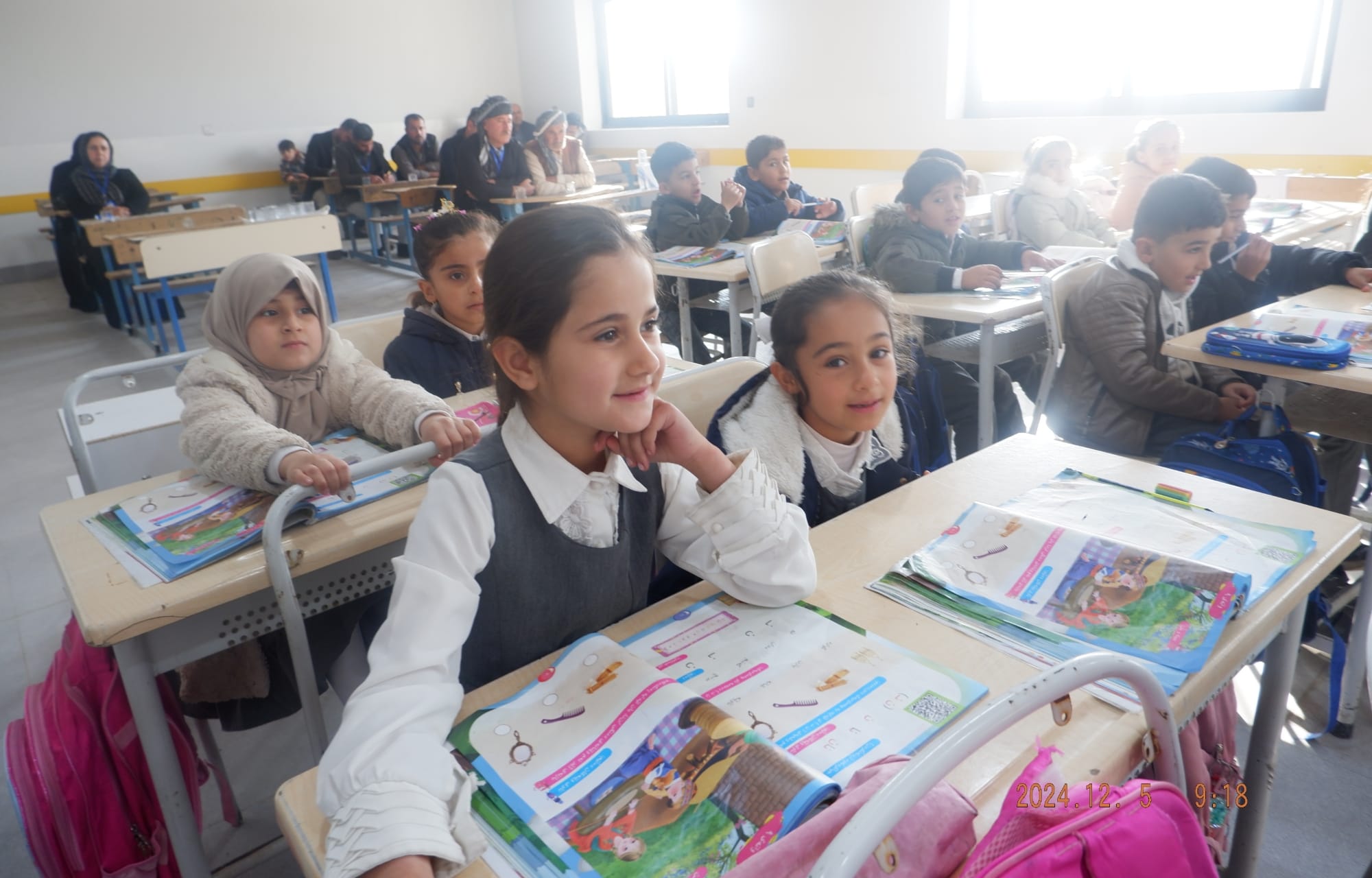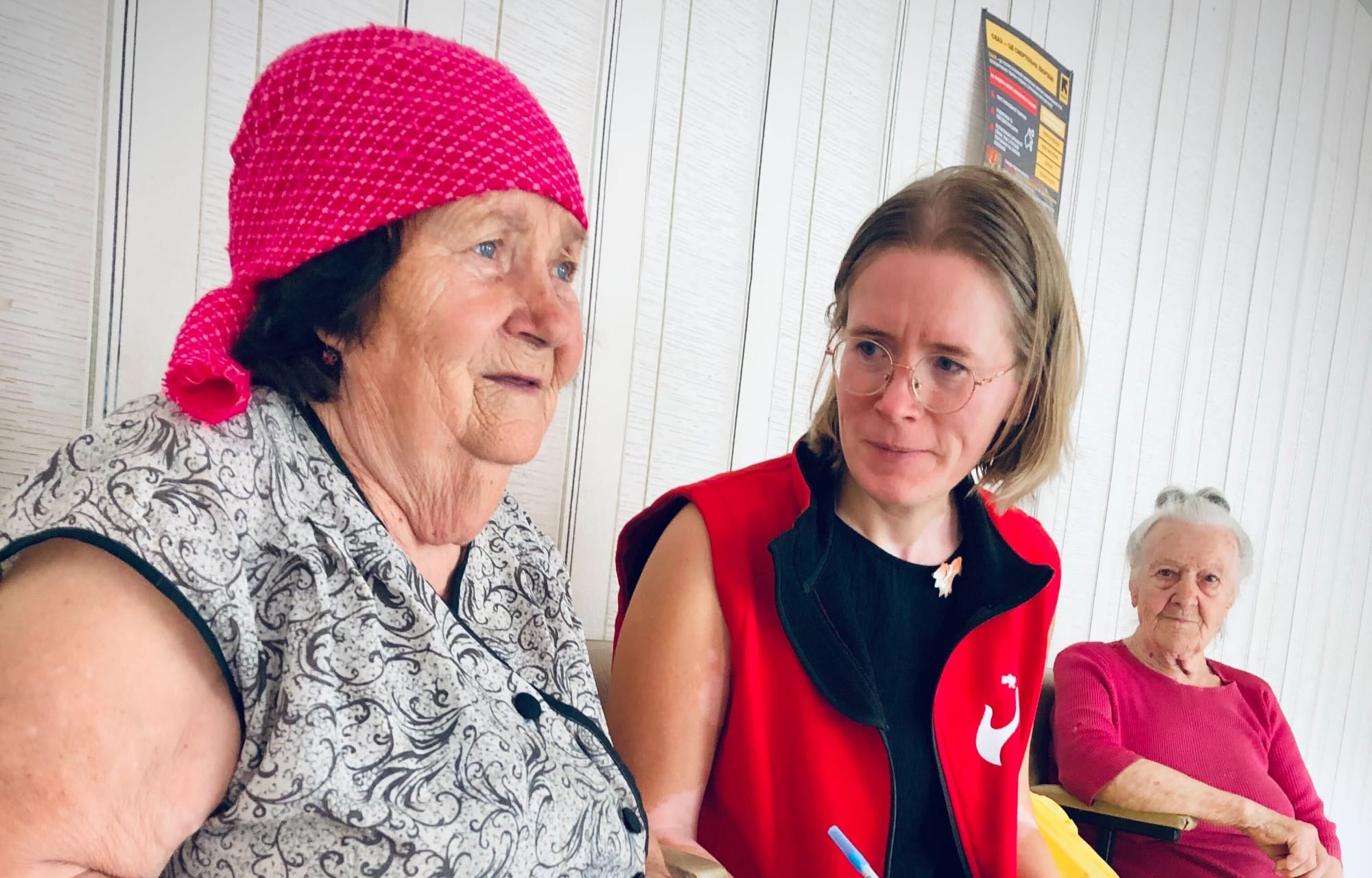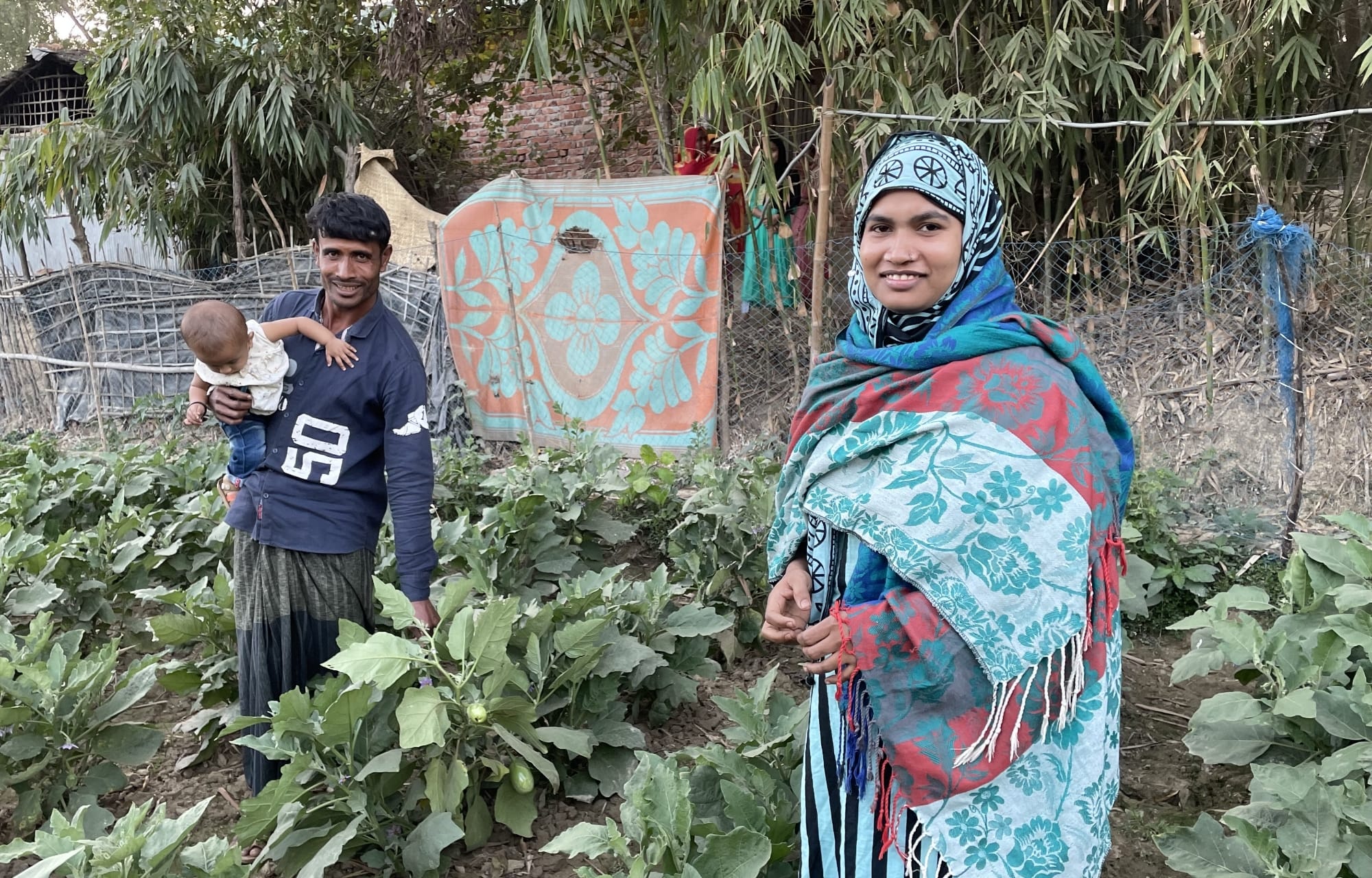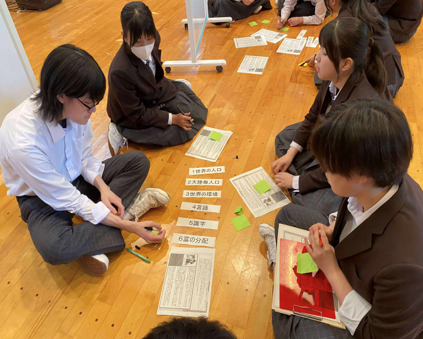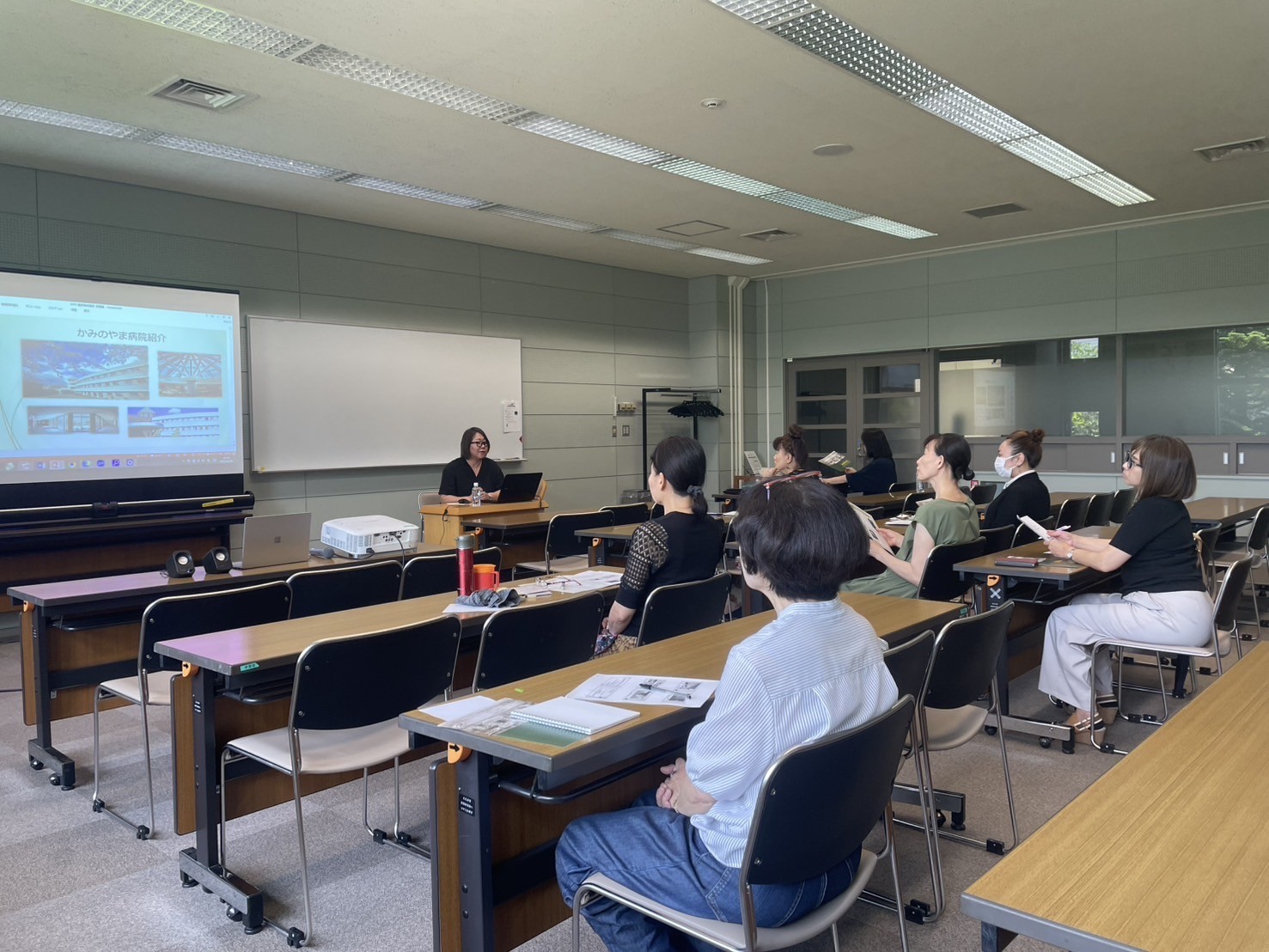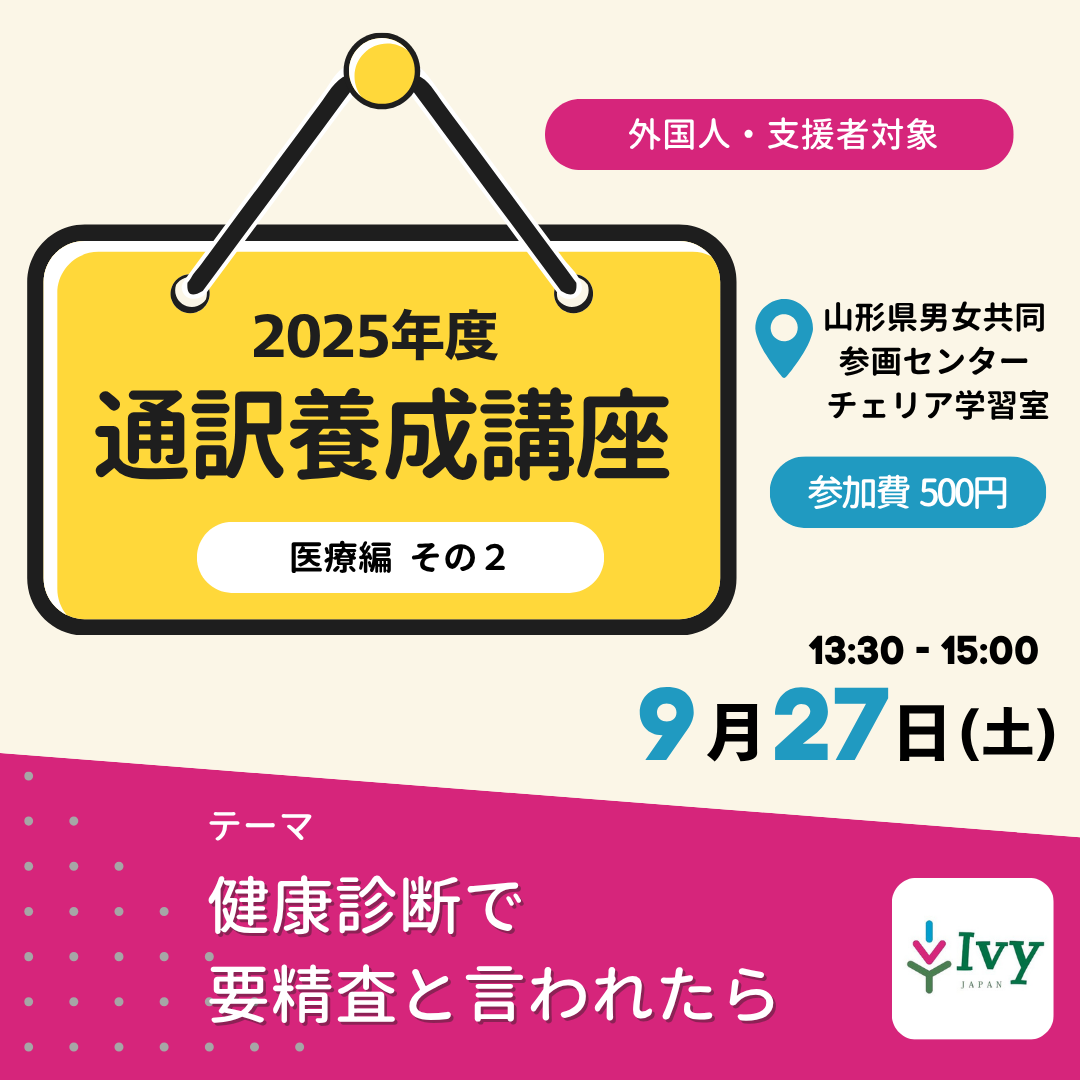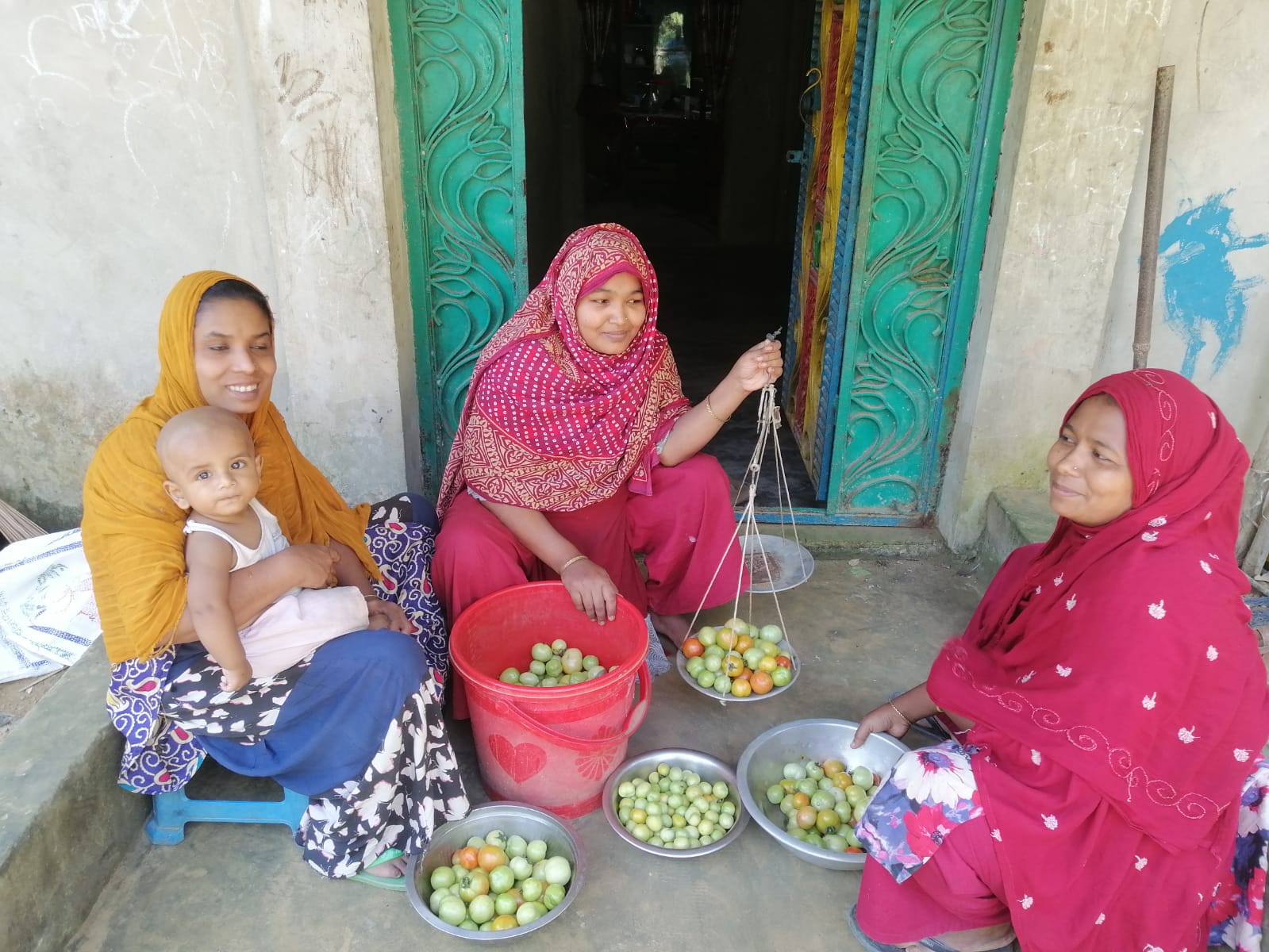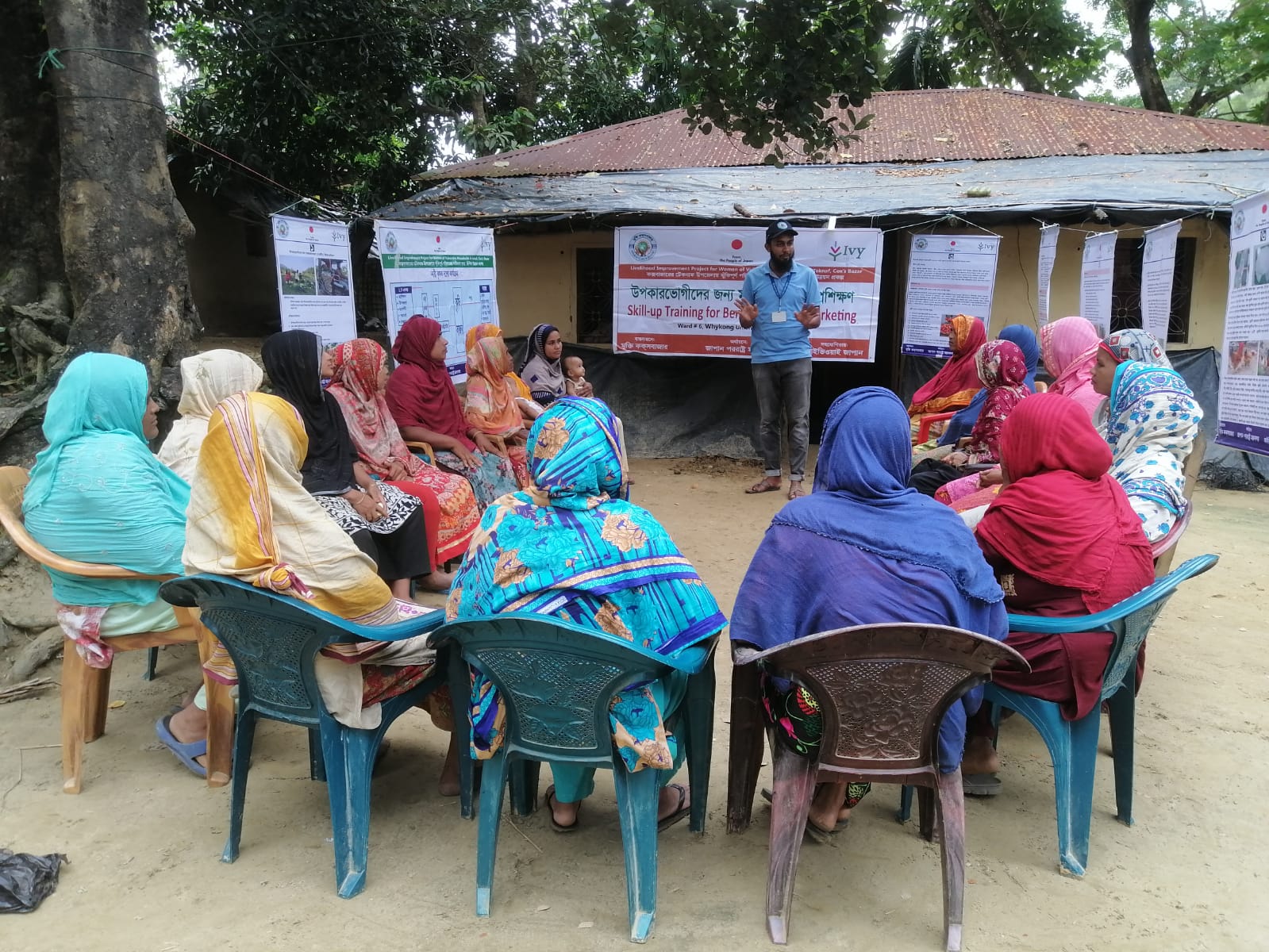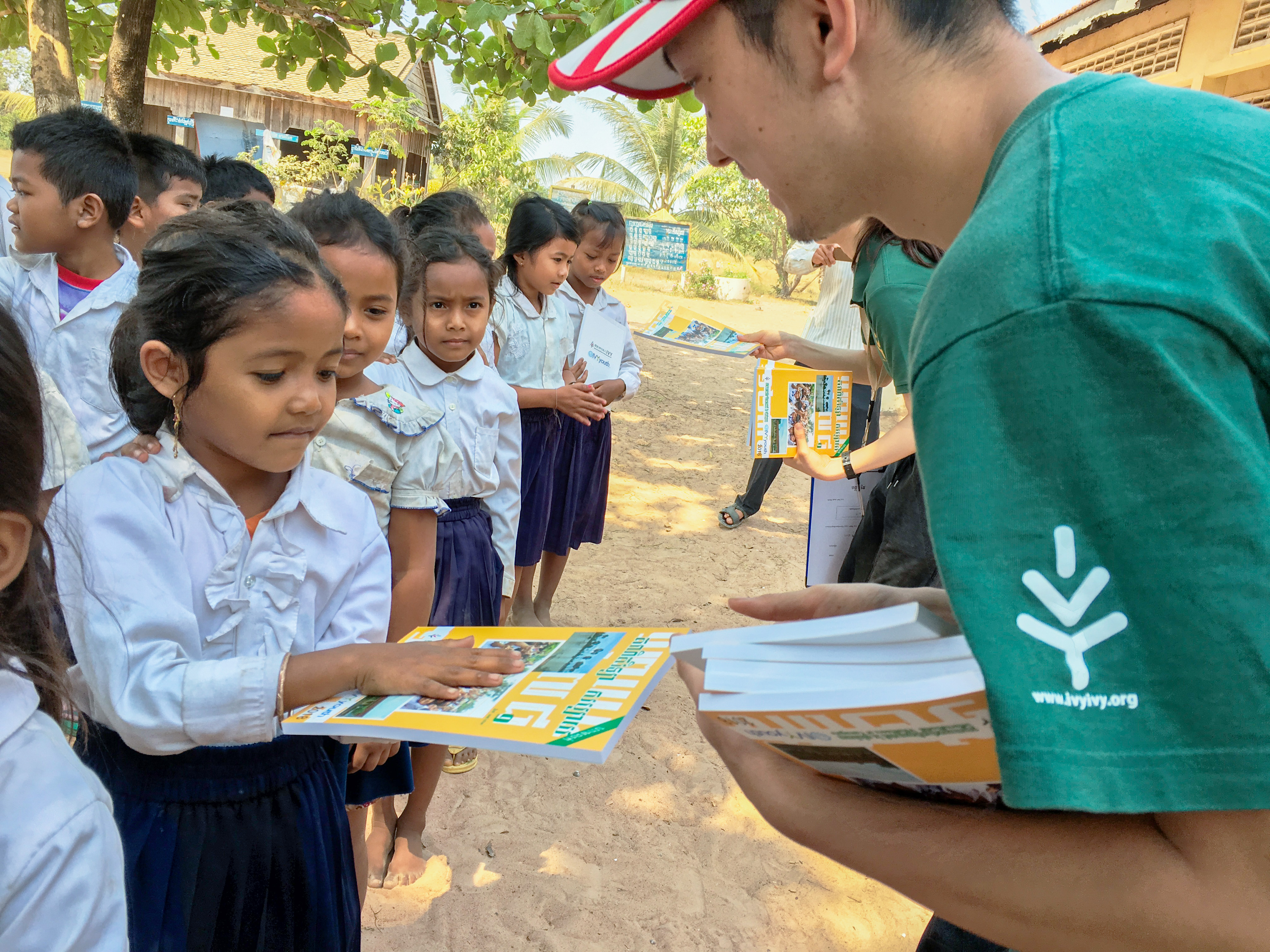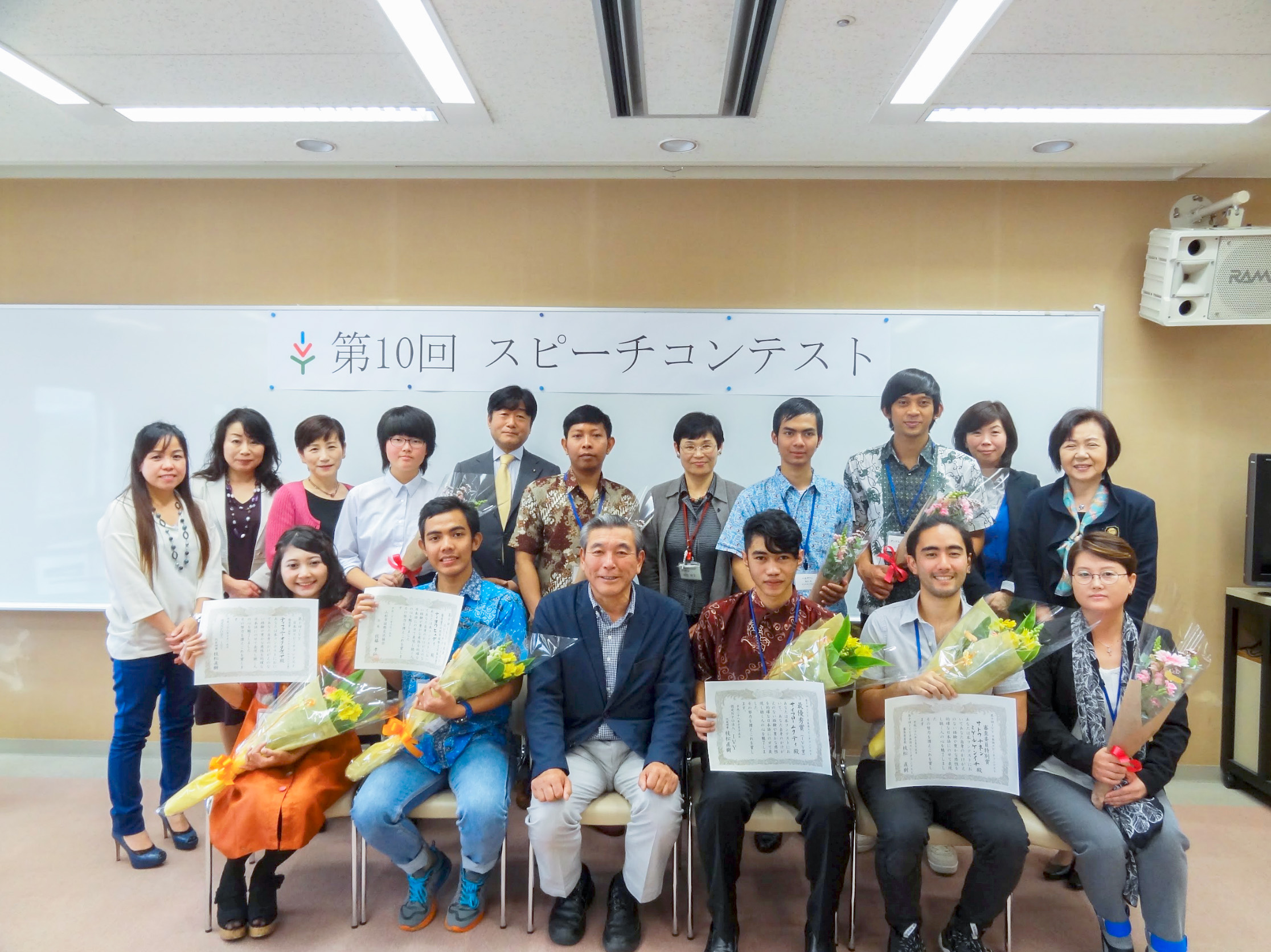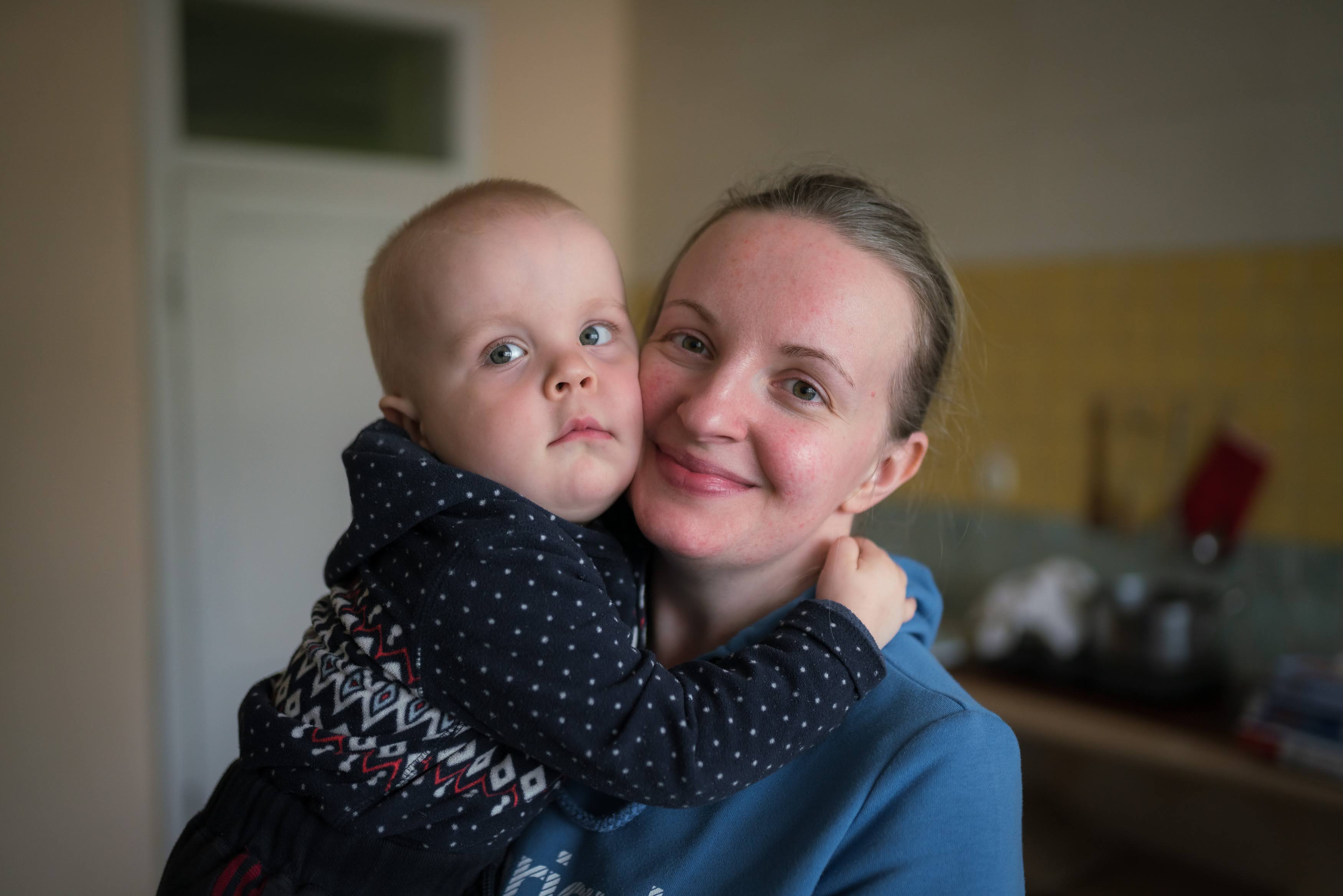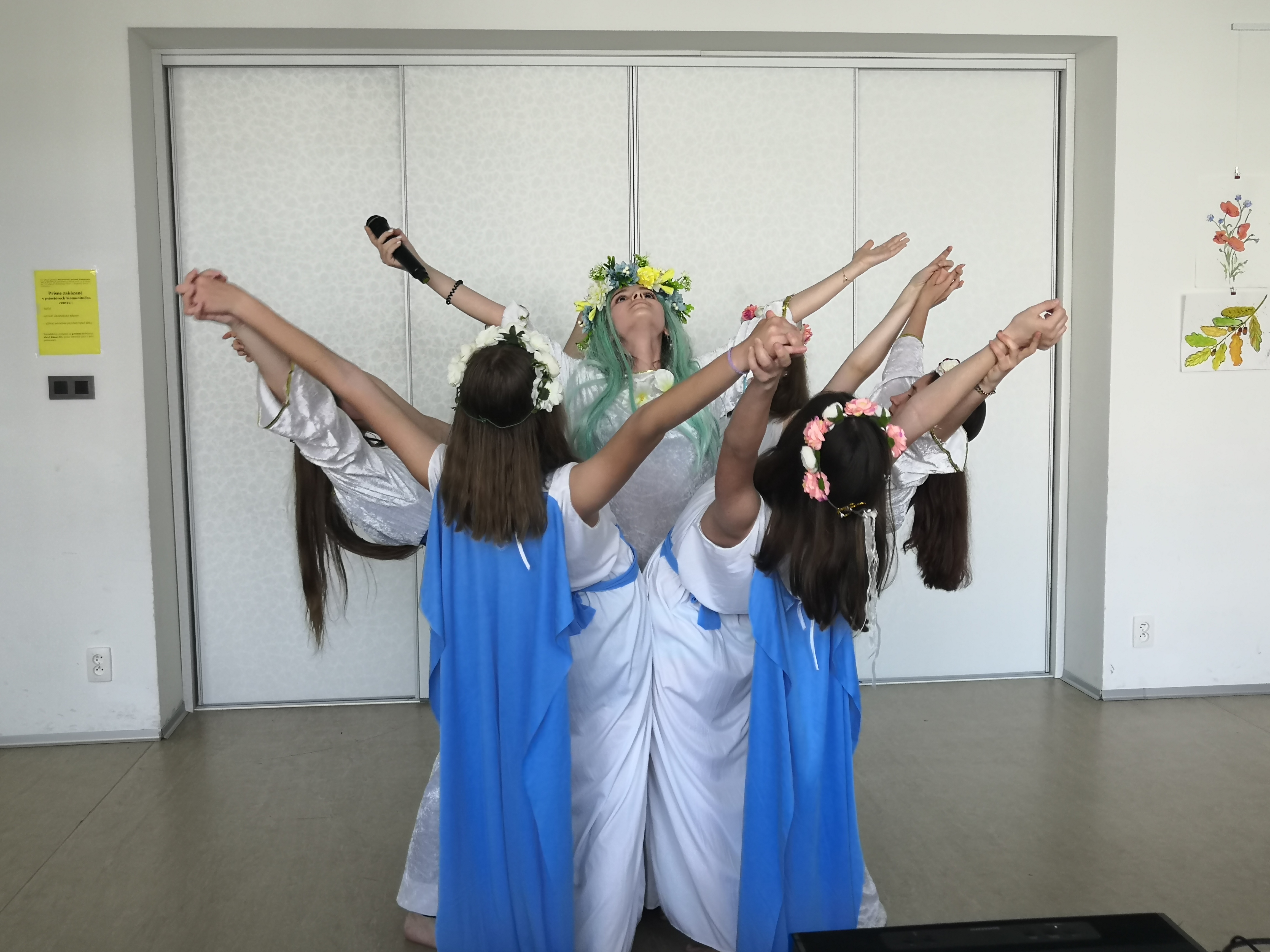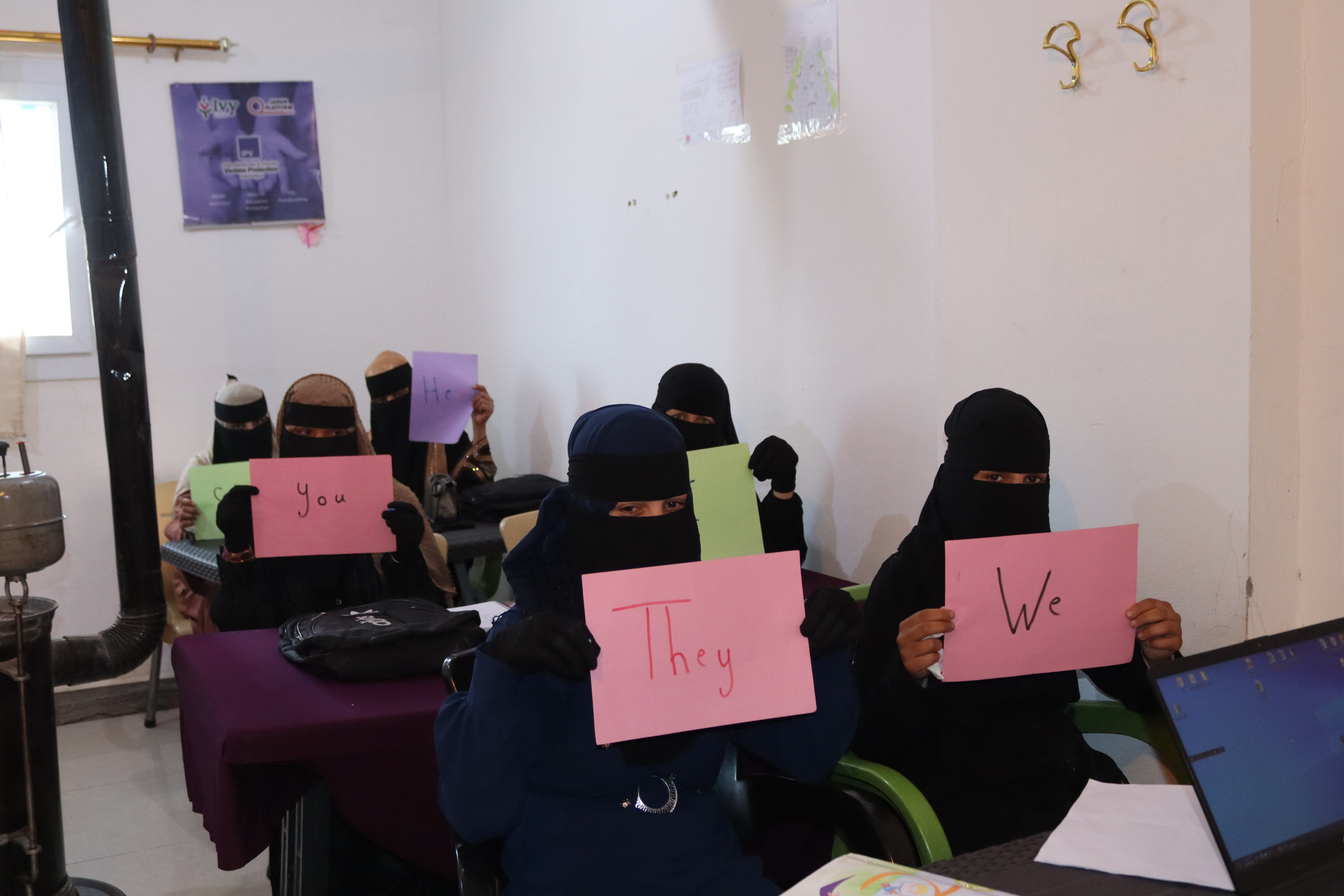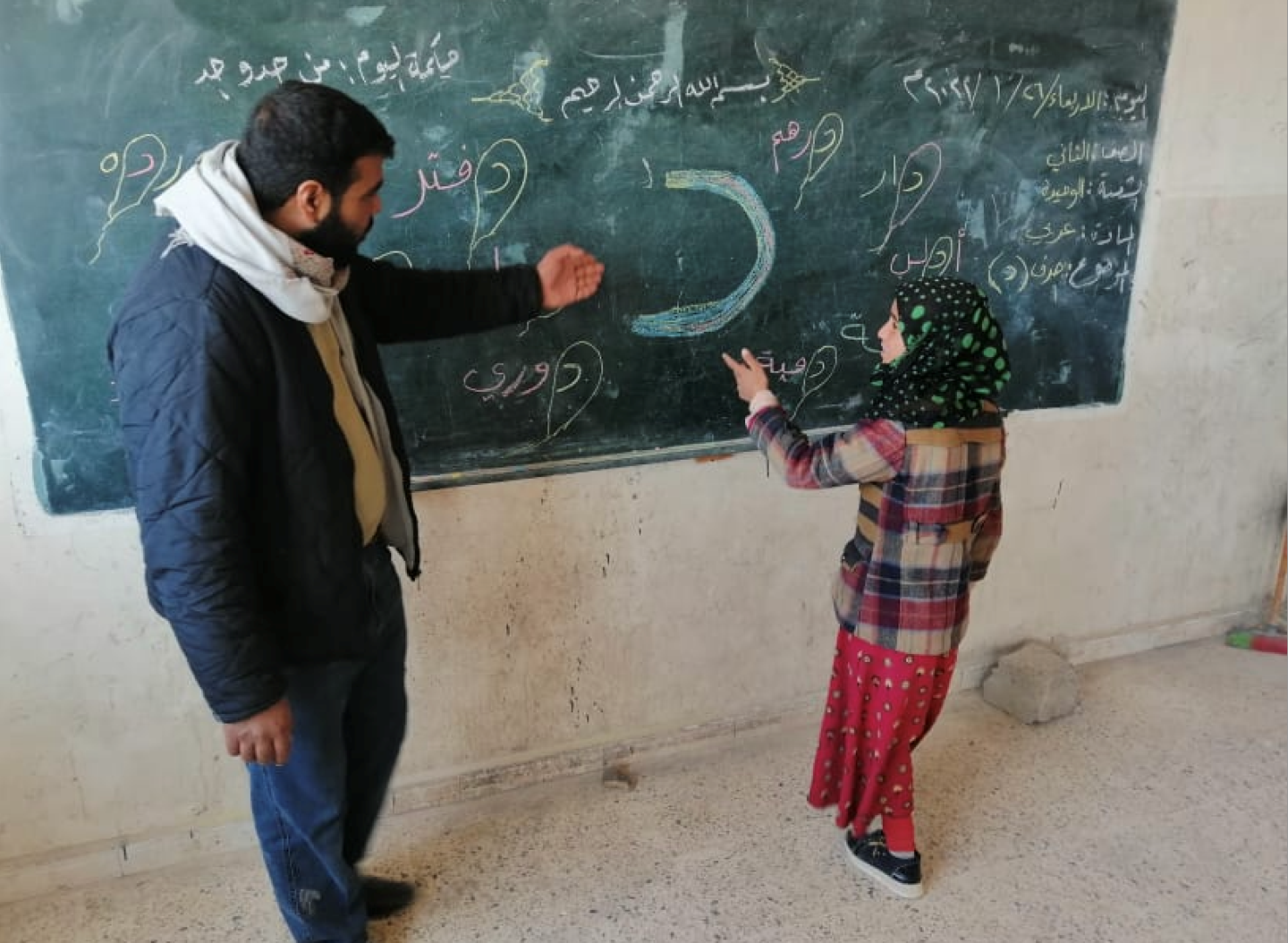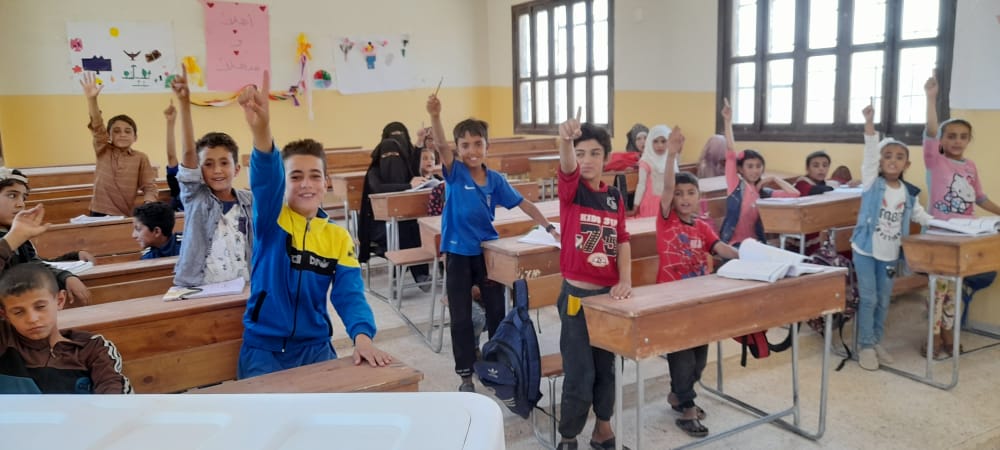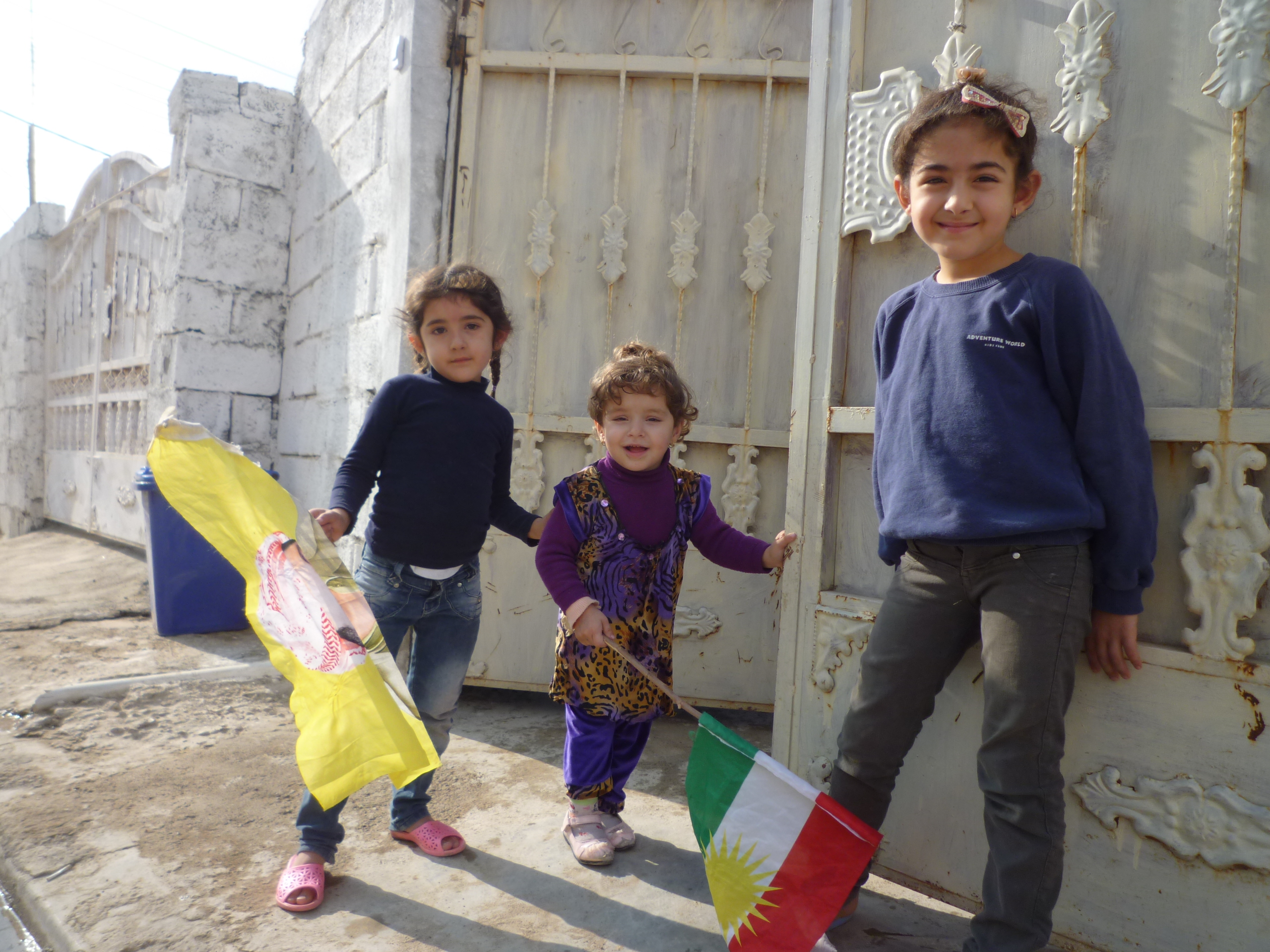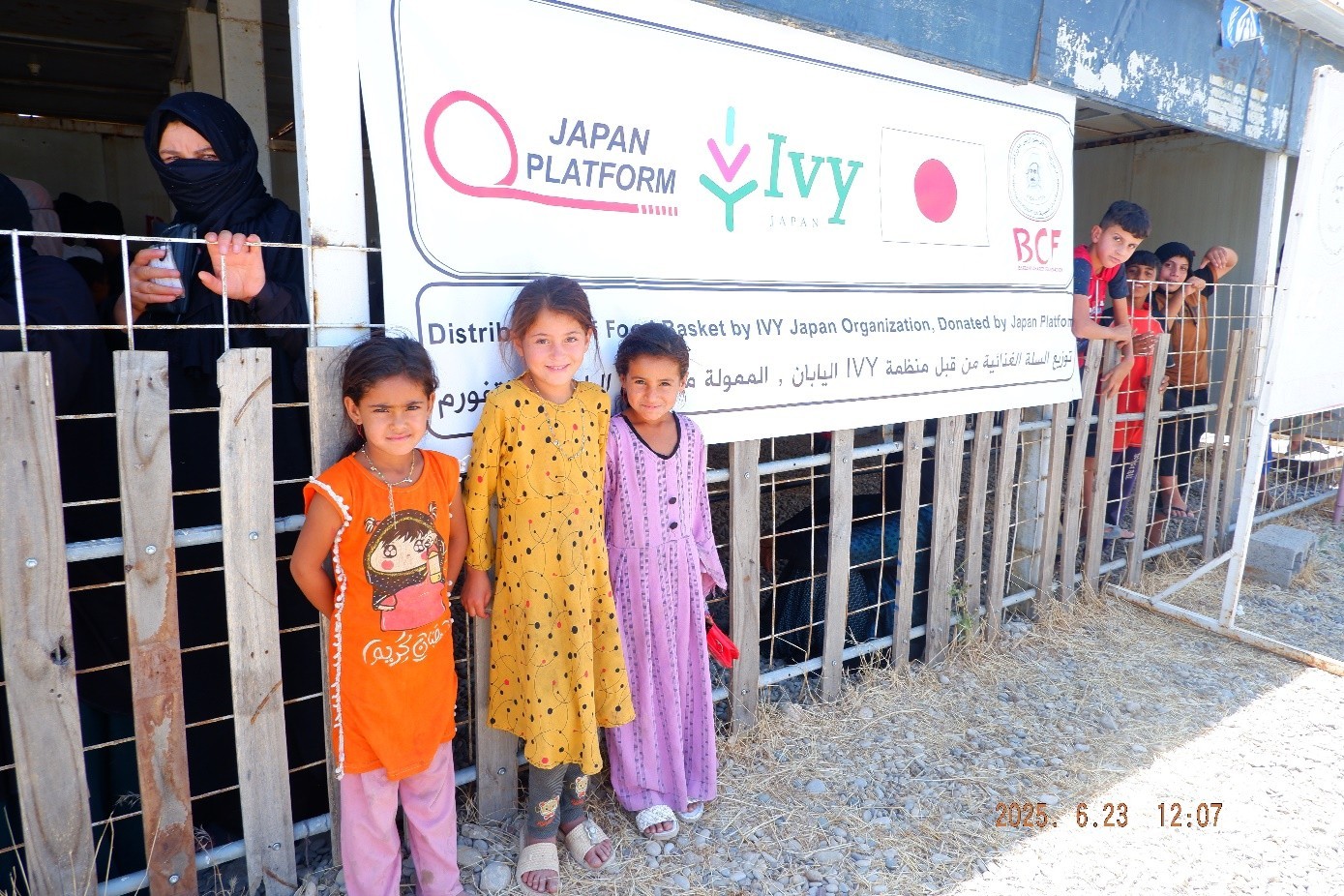News
& Updates 最新のお知らせ・
活動レポート
MISSION
誰ひとり取り残さない
多くの支援団体の参入が難しい危険地帯
支援が集まりにくい紛争が長期化した地域
どんな場所でも、
どんな人でも、
支援の手からこぼれていい人はいません。
IVYは、取り残されがちな場所や人への支援を続ける
国際協力NGOです。

これまでに
世界9カ国と東北で
活動してきました
IVYは、カンボジア難民キャンプのスタディーツアーから始まり、様々な地域で活動を展開してきました。それは、変わりゆく世界情勢の中で今現在困難な状況や弱い立場に置かれる人々に支援を届けるためです。
その姿勢は海外でも日本でも変わりません。足元である東北における在住外国人への支援や国際理解教育など、同じ地域社会に生きる人々の力になるために活動を続けています。
reports 各国の活動レポート
ivy family IVYと世界を支える仲間からのメッセージ
-
小笠原 直子
さん
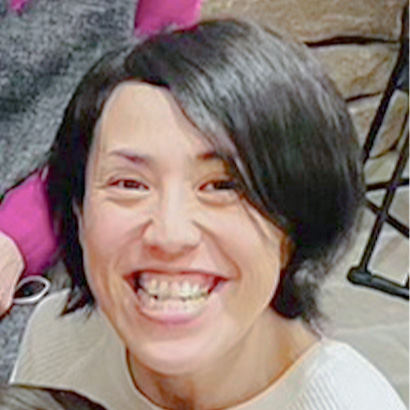
IVYの支援を通して、こども達がこどもらしくいられるように
-
IVYyouthメンバー
生駒 大地
さん
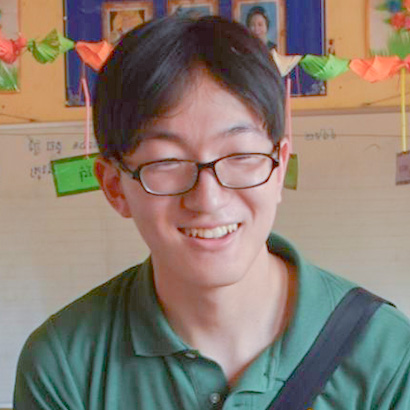
学生だからこそ出来ることで協力したい!

IVYyouthメンバー
生駒 大地さん
私は、十分な教育を受けられていない世界中の子ども達の生活を少しでも良くしたいという思いから、IVYyouthの活動に参加する事を決めました。
今年2月のカンボジア渡航では、IVYの皆さんの力も借りながら、youthとして算数ドリルを配布する中で、たくさんの子供たちの笑顔に触れることができ、貴重な経験をさせていただきました。
今後もIVYのもとで、自分自身の思いを実現させるために、学生の私たちだからこそ出来る活動に取り組んでいきたいと思っています! -
IVYyouth 卒業メンバー
長守 一滉
さん
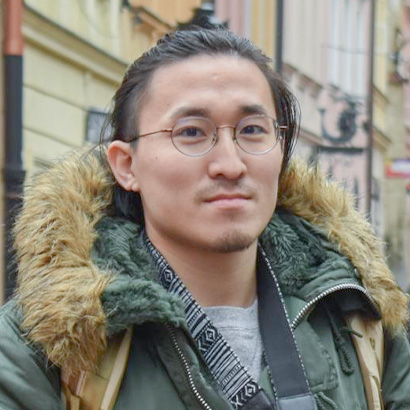
現地のニーズに沿ったきめ細やかな支援がIVYの強み

IVYyouth 卒業メンバー
長守 一滉さん
学生時代はIVYyouthにて活動しておりましたOBです。現在は、化学メーカーにて人々のよりよい暮らしに貢献できるよう働いております。マンスリーサポーターという形で再びIVYに関わることができ嬉しく思います。微力ながら応援させていただきます。IVYは現地のニーズに沿ったきめ細やかな支援が強みと伺っております。少しでも現地の状況が改善されることを願っております。
-
IVYyouth 卒業メンバー
齋田 涼裕
さん
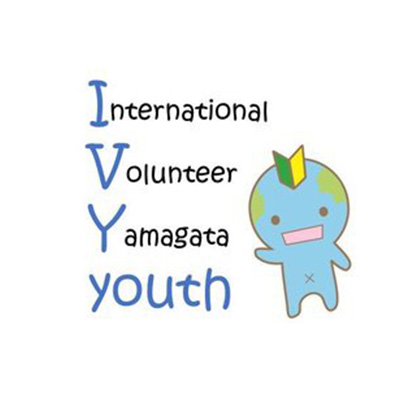
「今」支援を必要としている人々を支えているのがIVY

IVYyouth 卒業メンバー
齋田 涼裕さん
イラク・ウクライナ、そしてモロッコと、「今」支援を必要としている人々を支えているのがIVYの凄さだと思います。日本でも多くの人が報道を見て、心を痛め、力になりたいと思っているかと思います。しかし、ほとんどの人は自分自身の日常を生きていくほかありません。私もその一人ですが、IVYを支援することで、少しでも力になれればと思っています!
-
IVY事務局スタッフ
小野 裕美
さん
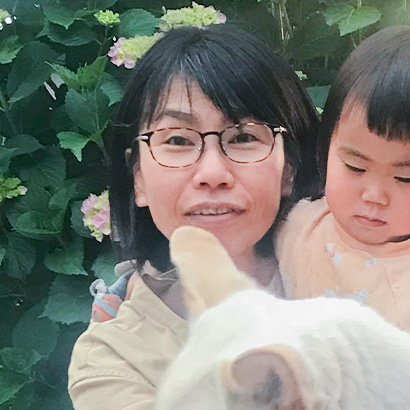
遠くにいて何もできない自分が、信頼して気持ちを託せる

IVY事務局スタッフ
小野 裕美さん
大学時代、自分の将来について悶々としている時にIVYと出会いました。支援活動をパワフルに行っている濃い魅力的な方々にたくさんの刺激をもらい、単純にとても楽しかったです。東日本大震災の時は、IVYの皆さんがすぐに動き始め、被災者の方々と一緒になって支援活動をしている姿に私も勇気づけられました。遠くにいて何もできない自分が、信頼して気持ちを託せる場所があることに心から感謝しました。いつもそんな存在であるIVYをこれからも応援しています!
-
IVY事務局スタッフ
池田 麻美
さん
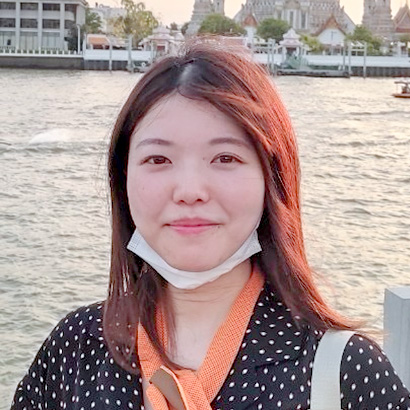
困っている人々の自立を支援する、そんなIVYを裏方として支えたい

IVY事務局スタッフ
池田 麻美さん
国際協力に携わるきっかけとなったのは、ラオスの少数民族が住む村への訪問です。私のつたないラオス語のあいさつに、かわいらしい笑顔を返してくれる子どもたち。その子たちが、衛生や教育環境が不十分な場所で生活していることが帰国後もずっと心に残っています。そこから国際協力活動について調べ始め、ご縁があり2023年6月からIVYで働いています。困っている人々が自立できるように支援する、そんなIVYの活動をこれからも裏方として支えていきたいです。
-
Mukti Cox's Bazar
Md. Aminul Hoque
さん
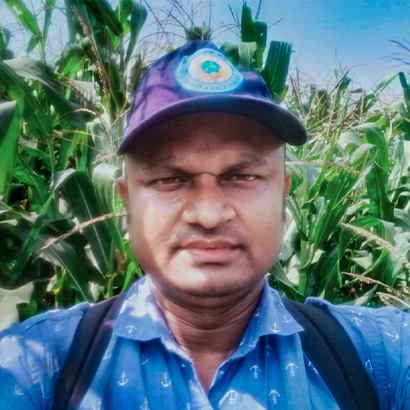
IVYと一緒に働くことを誇りに思います

Mukti Cox's Bazar
Md. Aminul Hoqueさん
IVYと共に働けることを誇りに思います。 IVYは常に女性や子どもの家族を中心に社会的弱者のために働き、彼らのニーズを調査します。そして社会的・経済的に向上できるように、持続可能な生活の質を向上させるため新しい技術やテクノロジーを使っています。 このような仕事に直接携わることができて、IVYに感謝しています。
-
JICA青森デスク
国際協力推進員阿部 翔太
さん
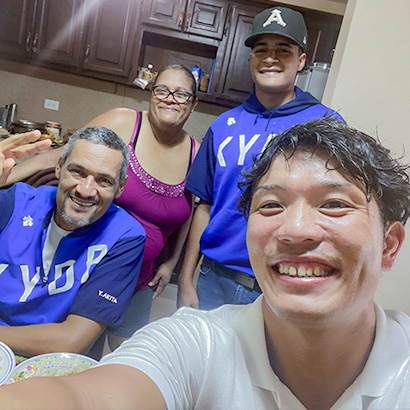
世界の真実を知り人のために強くなる、そんな人が増えるように
-
スロバキア
現地提携団体STEP-IN
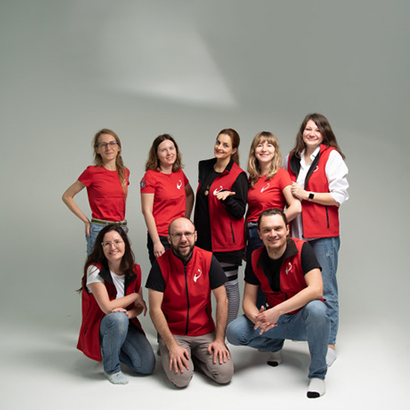
IVYとの支援は、多くのウクライナ人を癒やし希望を与えています

スロバキア現地提携団体
STEP-IN
私達STEP-INは、ウクライナにおける人道支援に対するIVYの揺るぎない献身に深く感謝しています。 私達が共に行ってきた支援は、多くのウクライナ人を癒やし、希望を与えています。私達はIVYとこれからも力を合わせ、ウクライナの人々が、より回復力を高め、健康に過ごせるよう支援を続けていきたいと思っています。
-
スロバキア
現地提携団体SME SPOLU
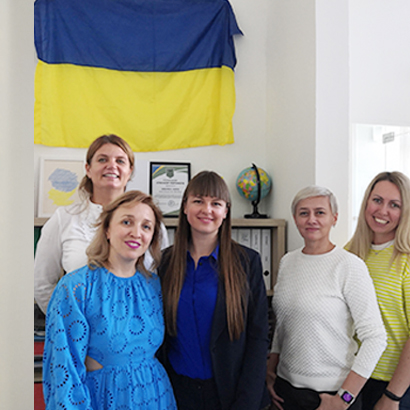
私たちと共にウクライナ難民に多くの安心を届けています

スロバキア現地提携団体
SME SPOLU
SME SPOLUはIVYとスロバキアでウクライナ難民定住支援を行ってきました。語学教室の提供は就学や就職に繋がり、現金給付は脆弱な家族を助け、そしてレクリエーション活動では多くの難民の交流の場となり安心感をもたらしています。私達はこれからも共にウクライナ難民支援を行っていきます。
-
技術教育エンジニア
IVYyouth 卒業メンバー佐藤 友梨
さん
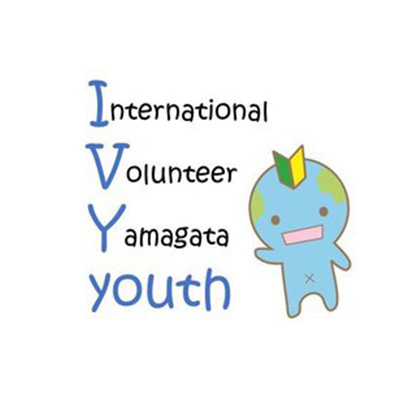
IVYスタッフ、ユースメンバーとの出会いは一生の財産

技術教育エンジニアIVYyouth 卒業メンバー
佐藤 友梨さん
学生時代、唐突にIVY事務局へメールしたことを機に、以来関わらせていただいております(今は非常に緩くではありますが)。IVYyouth立ち上げやカンボジアの算数教育支援など、学生時代は密度の濃い時間を過ごしました。温かく時に鋭いIVYスタッフの皆さま、苦楽を共にしたユースメンバーとの出会いは一生の財産です。試行錯誤を重ねユースの活動を継続している後輩たちの活動に今でも感化されています。今後も応援しています!
-
北九州
多言語図書館代表新田 隆充
さん
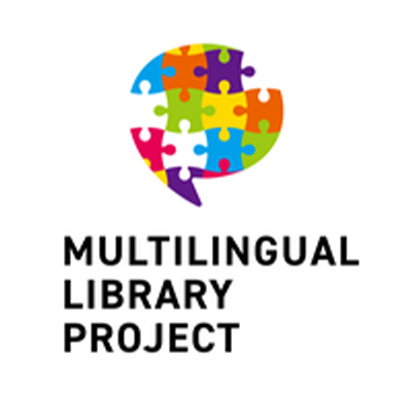
IVYの地道な活動が着実に芽を出し、実を結んでいる

北九州多言語図書館代表
新田 隆充さん
世界各地で人間が直面する困難は一様ではなく、その解決には個別の条件を深く理解していく不断の努力が不可欠です。お送りいただいている「活動報告」を読むと、紛争、災害、天候不良などさまざまな予期できない困難が起こる中で、IVYのひとつひとつの地道な活動が着実に芽を出し、実を結んでいくことがわかります。現地に入って活動し、多くの人々の期待と応援を具体的な形にしていくIVYの活動を私も応援しています。
-
合同会社Calm state
代表取締役大楽 崇飛
さん
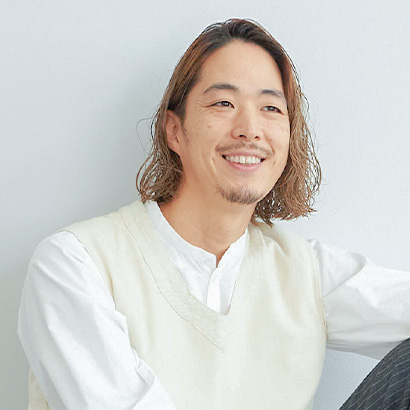
自分のできることから、未来が良い方向に向かうように
-
山形大学人文
社会科学部・准教授中村 文子
さん
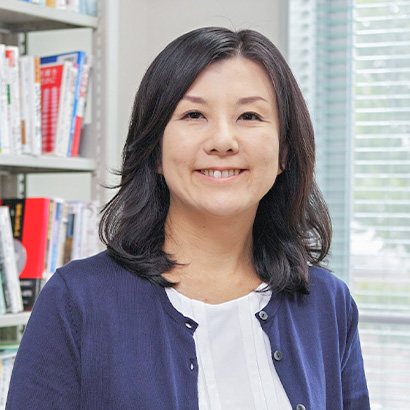
IVYスタッフの方々にいつもたくさんの刺激を頂いています
-
IVYイラク事務所
元駐在員竹田 梨沙
さん
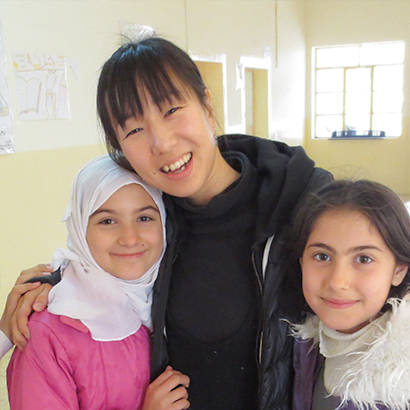
現場の声を大切にしたIVYらしい活動を応援しています!

IVYイラク事務所元駐在員
竹田 梨沙さん
私はイラクでのシリア難民支援の立ち上げスタッフとして、2013年にIVYと出会いました。IVYにとって初めての中東での支援活動、私にとっては初めてのNGO活動でした。自分の住んでいた場所を追われ、難民となった人たちの現状は想像をはるかに超えるもので辛くなることもありましたが、頼りになる現地スタッフの支えや、本部からも常に現場の声を大切に、尊重してもらえることで活動を進めることができました。
これからも現場の声を大切にしたIVYらしい活動をしてもらいたいなと思っています。応援しています! -
会社員
志岐 百合
さん
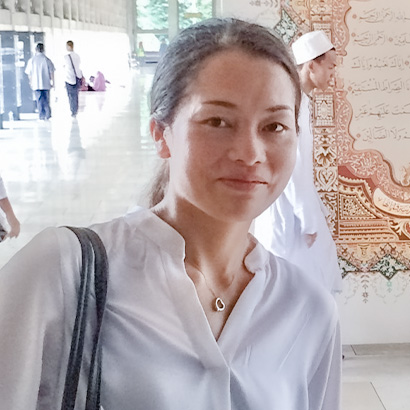
学生時代に育ててもらったIVYの活動を応援しています

会社員
志岐 百合さん
私は学生時代にIVYの国際理解教育や支援活動に参加させて頂き、IVYのように現地に根ざしてニーズを適切に汲み取り、柔軟かつきめ細やかな支援を行う事が非常に重要である事を学びました。その後現在はプラント機器メーカーに勤務し、新興国のインフラ整備というまた違った方面での活動に関わっておりますが、今後も微力ながら、学生時代に育ててもらったIVYの活動を、会員として以外にも様々な形で応援できたらと思います。今後もIVYから多くの安心を世界に届けられますように。
news IVYからのお知らせ
-
講座・イベント告知【外国人支援】9/27(土)開催!通訳養成講座~医療編その2~
-
採用情報IVYイラク事業の現地事業統括を募集しています
-
講座・イベント告知【外国人支援】7/12(土)開催!第1回・法律勉強会

